|
Anxiety and insomnia are prevalent problems faced by many people in modern society, and are very common reasons for visiting the doctor. If you go to your MD complaining of anxiety and insomnia, chances are you will walk away with a prescription for medications such as a Benzodiazepine (Valium) or Zolpidem (Ambien). However, you may want to consider natural treatment options first, as a new study has linked several of these medications to increased risk of death. The study published in the British Medical Journal followed people in Britain who were prescribed anti-anxiety or insomnia medications for 7 years, and matched them to controls (people not taking the medications). After adjusting for factors such as age, other medication use, smoking, alcohol use, and socioeconomic status, they concluded that these medications doubled the risk of death. Now, this is an observational study, so is does not necessarily mean that the medications themselves caused the increased mortality - however, it does stress the importance of considering non-drug treatment alternatives for anxiety and insomnia. Luckily, there are several tools in the Naturopathic repertoire that are safe and very effective at treating anxiety and sleep problems! Two of my favourite treatments for these common conditions are acupuncture and herbal medicine. Acupuncture Acupuncture has been used for thousands of years, and in the past few decades has been subjected to modern clinical studies. Rather than specifically treating "anxiety" or "insomnia," in Traditional Chinese Medicine (TCM) we look for patterns in the body and signs of imbalance. By restoring balance and the flow of Qi (life energy), symptoms such as anxiety and insomnia tend to resolve. After an acupuncture session many people report a deep sense of calm and relaxation, lowered levels of stress and anxiety, and greatly improved sleep. This in turn leads to more energy and vitality, and overall better quality of life. While it has long been known to practitioners and patients that acupuncture is beneficial for anxiety and insomnia, the physiological mechanisms were unknown. However, recent research has shed some light on how exactly acupuncture aids in these conditions. Some of the ways acupuncture helps with anxiety and insomnia is by :
Herbal Medicine Another safe and effective treatment for anxiety and insomnia is herbal medicine. Botanicals have been used as medicine for as long as doctors have existed, and many of the drugs on the market today are derived from common herbs. Categories of herbal actions that can help include the calming nervines and sedative/hypnotic herbs. Some of the most effective herbs for anxiety and insomnia include: Passionflower (Passiflora incarnata)
Chamomile (Matricaria recutita)
Skullcap (Scutellaria lateriflora)
Lemon Balm (Melissa officinalis)
There any many many more herbs that can be effective for anxiety and insomnia, and it is always important to consult a health care practitioner to determine which ones are best suited for you and to ensure their safe use. Sources: Weich, Scott, et al. "Effect of anxiolytic and hypnotic drug prescriptions on mortality hazards: retrospective cohort study." BMJ: British Medical Journal 348 (2013). Spence, D. Warren, et al. "Acupuncture increases nocturnal melatonin secretion and reduces insomnia and anxiety: a preliminary report." The Journal of neuropsychiatry and clinical neurosciences 16.1 (2004): 19-28. Eich, H., et al. "Acupuncture in patients with minor depressive episodes and generalized anxiety. Results of an experimental study." Fortschritte der Neurologie-Psychiatrie 68.3 (2000): 137-144.
1 Comment
Chronic inflammation is a growing problem and is associated with myriad diseases including diabetes, heart disease, and cancer, to name but a few. In fact, back in 2004 Time Magazine had a cover story on inflammation, calling it "The Secret Killer." Inflammation is an adaptive process in our bodies, an evolutionary mechanism for survival. It is beneficial and necessary for our bodies to respond to stress, toxins, injuries, etc, but it needs to be in balance. If it continues without resolving, it can lead to chronic disease. The conventional approach is to block or suppress inflammation through the use of medications such as non-steroidal anti-inflammatory drugs (NSAIDs), commonly known as Advil or Ibuprofen. However, we now know that in order to heal we do not want to simply block inflammation, but rather modulate it to achieve balance and resolution. The field of psychoneuroimmunology studies how the brain interacts with the nervous system and immune function. It is a fascinating field, as this connection reveals how the mind and the way we think can actually influence and alter physiological processes, such as our immune response. This research also gives us potential non-drug treatments for inflammation and the conditions associated with it. A study published in January 2013 assessed the effects of mindful meditation on the inflammatory response. 49 participants were randomly assigned to either an 8-week mindfulness-based stress reduction program (MBSR) or an 8-week active control health enhancement program (HEP) that included walking, balance, agility, core strength, nutritional education, and music therapy. They then exposed both groups to psychological stress (public speaking) and physical stress (cayenne pepper rubbed on the arm), and found that the group trained in mindfulness-based stress reduction had significantly reduced post-stress inflammatory responses. This study showed that mindfulness-based meditation is able to alter the inflammatory response, but the mechanism was still largely unknown. One mechanism of meditation influencing inflammation is through the vagus nerve. The vagus nerve is large and far-reaching, with branches connecting to everything from the heart to the lungs and digestive tract. It's role in the immune response is referred to as the cholinergic anti-inflammatory pathway, and it explains how our thoughts and mind can directly influence the immune response and inflammation. It was first discovered in animal models that if you stimulated the vagus nerve it would reduce the release of inflammatory mediators. This has also been found in humans, and along with meditation, the vagus nerve can also be stimulated by aerobic exercise, acupuncture, and dietary supplements such as fish oils. A recent study from the University of Wisconsin showed that mindfulness-based meditation can actually affect the genes that control inflammation. The researchers measured the effects of a day of mindfulness-based meditation, and found altered levels of gene-regulating compounds and reduced levels of pro-inflammatory genes. These genetic and biochemical changes also correlated with faster recovery from a stressful situation.
If you suffer from an inflammatory condition such as arthritis or would like to prevent chronic inflammatory disease, there is good reason to consider non-drug treatments such as meditation and acupuncture to modulate the inflammatory response. Sources: Rosenkranz, Melissa A., et al. "A comparison of mindfulness-based stress reduction and an active control in modulation of neurogenic inflammation."Brain, behavior, and immunity 27 (2013): 174-184. Kaliman, Perla, et al. "Rapid changes in histone deacetylases and inflammatory gene expression in expert meditators."Psychoneuroendocrinology 40 (2014): 96-107. There is nothing better than getting a compliment on how delicious these brownies are, then watching the disbelief when you tell people they were made with black beans....Trust me, no one will be able to tell the difference! Ingredients:
*Feel free to play around with different sweeteners and add more or less to obtain desired sweetness Directions:
**Recipe adapted from http://chocolatecoveredkatie.com/ |
AuthorDr. Tomah Phillips, ND Archives
April 2020
Categories
All
|

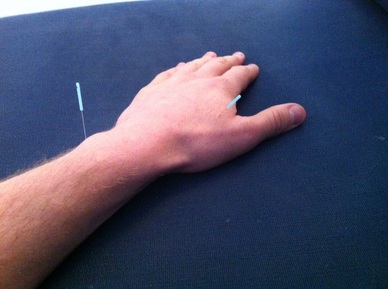
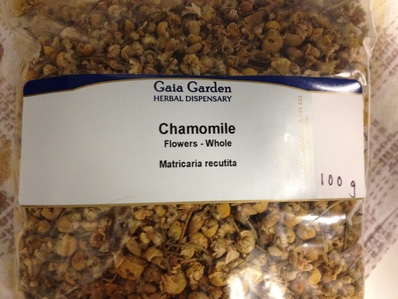


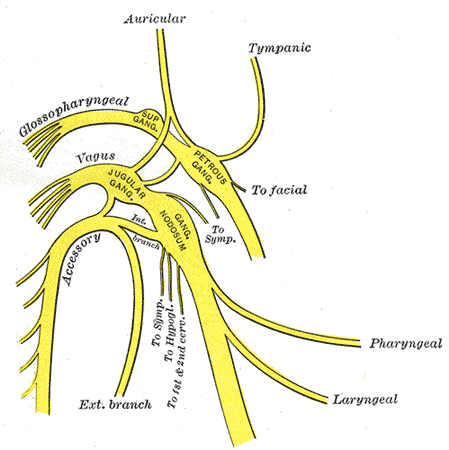
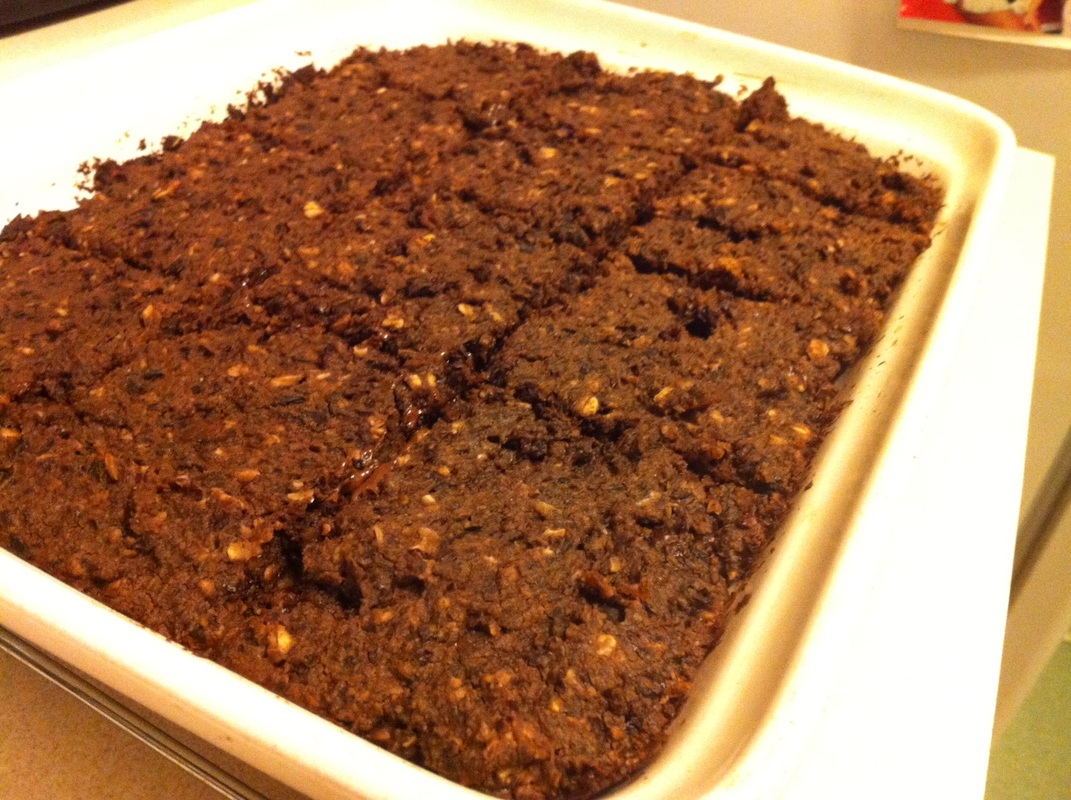
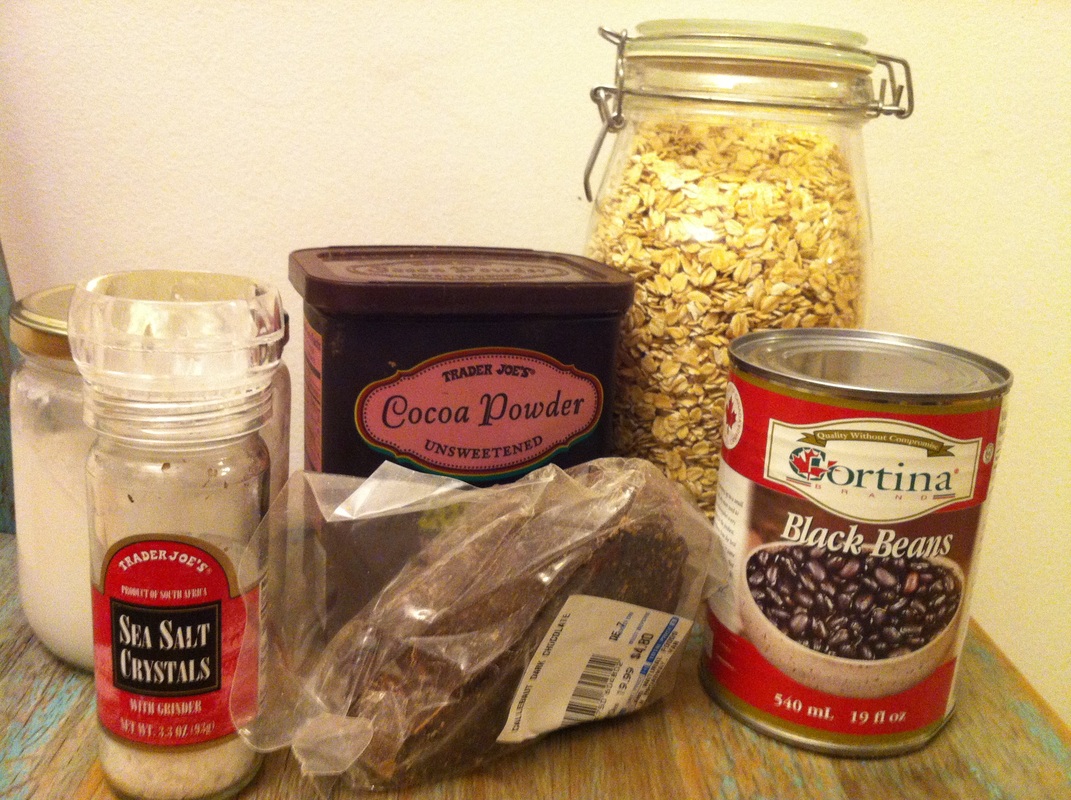
 RSS Feed
RSS Feed